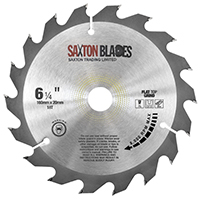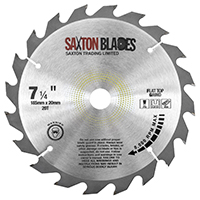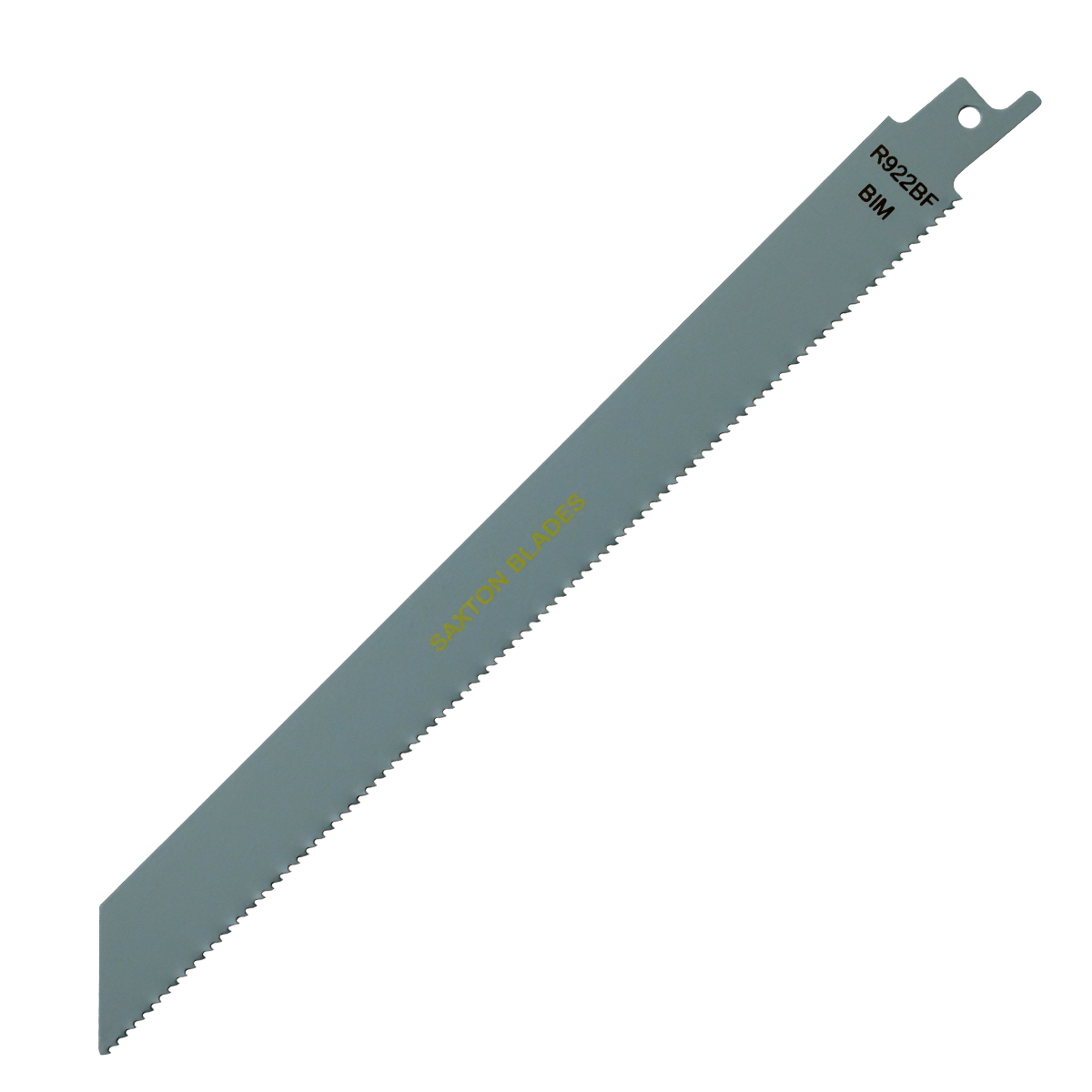
The Role of Artificial Intelligence in Construction
With a rising demand for new infrastructure and more homes for a growing population, the work of the construction industry has never been more important. Unfortunately, it is struggling to keep up with these demands. Whilst many industries such as manufacturing have seen productivity levels double, construction has remained the same for decades.
Part of the reason for this is the industry’s reluctance to invest in new technology. Inefficiencies are quite common in construction, such as last-minute project expansion and slip-ups on the schedule, which makes their productivity slower than other industries. These processes could be made more steamline with the help of more advanced technology, such as AI.
Although construction is an industry commonly known for dragging its feet when it comes to new technology, if it continues to fail in adapting, it will struggle to keep up with the high demands for more infrastructure and housing.

What is Artificial Intelligence?
AI is a machine’s ability to learn in a similar way to a human, to internalise new information and use this to develop its own intelligence system. This is key in construction where a lot of the current processes rely on human ability. By applying artificial intelligence, the industry can streamline production processes, maximise productivity and improve the quality of output in projects.
Machine Learning
Machine learning is a field of artificial intelligence that gives machines the ability to learn and improve from experience. This means a machine is programmed in a way that allows it to access data and use it to learn for themselves and grow and improve from their experience. The more data the machine is exposed to, the better it will become at understanding and providing insights. In construction, this can be used to provide more accurate project plans and building models.

Big Data
Big data can come from any device or person that is capable of generating data such as people, computers, machines or sensors. AI allows a machine to process and learn from big data, revealing patterns, trends, and associations. AI is able to analyse more data than a human ever could. An AI machine doesn’t lose focus or concentration. These systems can review tens of thousands of images and project data points daily. This can help to refine practices and develop more effective and efficient systems.
Most construction companies will already have a huge amount of data simply from their past projects, monitoring on-site workers, cranes, equipment, material suppliers and the building themselves. By applying AI to this existing data, the information becomes much more valuable and can be applied to processes that are already in place such as planning and design.
What Areas of Construction Can Benefit from AI?

Project Planning
One of the areas where AI can make the difference in construction is during the planning stage. Project planning is a crucial stage in the construction process, where you create an overview of what the project will look like from start to finish. The plan will include the goal of the project, start and finish dates, what equipment will be needed as well as assigning tasks to people in your team. The plan is crucial to both maximise on productivity, meet the budget of a project and deliver a satisfactory final product.
Artificial intelligence platforms can be used by construction companies to explore the options and cut down the time a project will take, enhancing the effectiveness and accuracy of a project plan. These platforms work by learning from big data and analysing the success and failures of previous construction plans, to make more accurate predictions on start and finish dates, provide realistic budgets and create detailed blueprints of structures.
Some platforms can also capture 3D scans of construction sites to classify how far along different projects are, helping to signal that someone might need to step in to solve problems before they develop into major issues.

Risk Mitigation
Safety is always a priority for construction companies, since this industry is one of the most accident-prone; one in five worker deaths are construction-related.
Artificial intelligence can only act as an asset in the industry when it comes to risk mitigation. AI has the ability to analyse construction projects from an image alone and identify risks such as workers at a height, slip, trip and fall hazards. Not only can these systems identify risks that workers might miss out on, but they can also improve the efficiency of the process it takes to identify these risks.
AI is also able to process huge amounts of data so over time, can go from making observations about a construction project to predicting incidents before they’ve even happened based on past events and projects. In future years, we will start to see predictive AI being used in construction more and more to provide details on the risks involved in every construction project from weather conditions to equipment hazards.

Building Information Modelling
Building information modelling is an intelligent 3-D model based process that provides the tools and insight to more efficiently plan, design, construct and manage buildings and infrastructure, bringing all the information about every aspect of a building into one place. This means everyone involved in the project can access all the information, so that all aspects of the design can come together more effectively to minimise the risk of mistakes and abortive costs. Not only does this improve scheduling, productivity and design, but also the building handover once construction is complete. During the BIM process, the people involved in a project can refine decision-making before the project moves to the construction site.
BIM software companies have begun to use artificial intelligence to improve the efficiency of their programmes. BIM software can now use machine learning to learn from data and detect patterns and from this, make independent decisions on how to automate and improve the model building process. BIM software collects tons of data, which AI uses to explore the possibilities of each aspect of a construction project and find the best solution far quicker than a human mind.

Productivity
The construction industry has been suffering in recent years due to low productivity levels. In the construction industry which makes up 7% of the global workforce, productivity has grown by just 1% in the past 20 years. Slowly, with more investment into construction technology, processes are becoming more efficient from planning to design. Implementing AI to these processes only makes them more streamline, eliminating inefficiencies that were slowing things down.










































